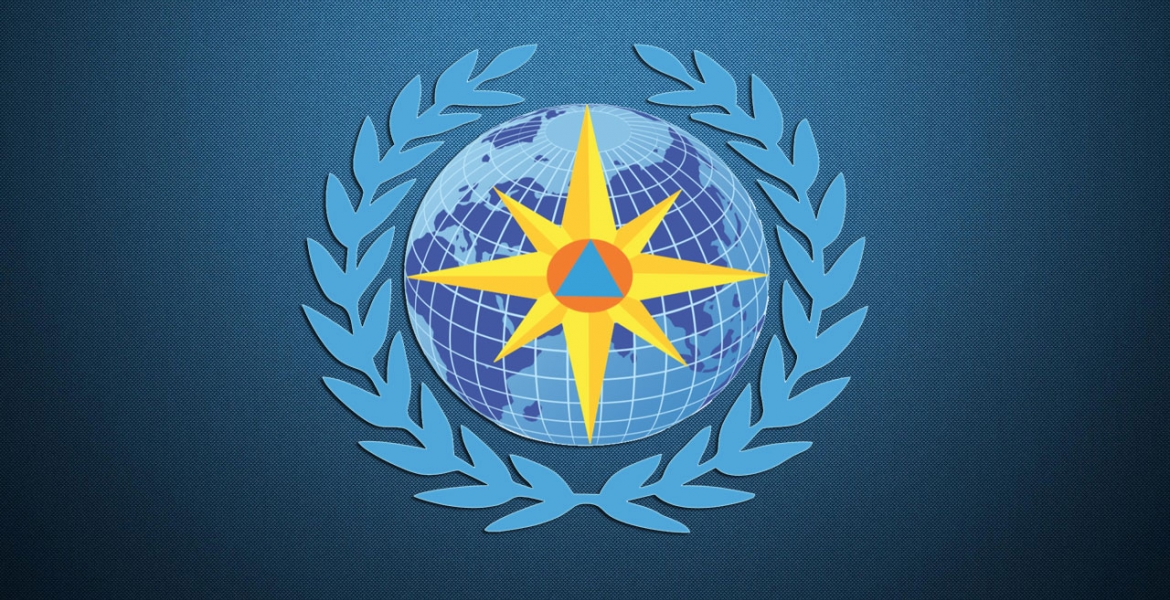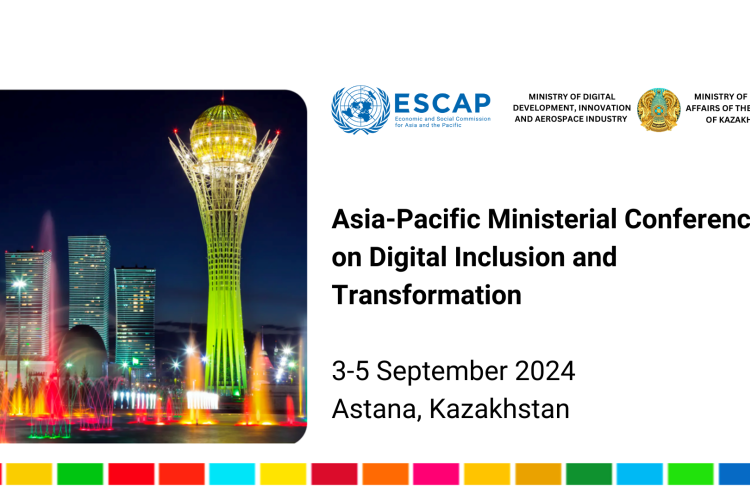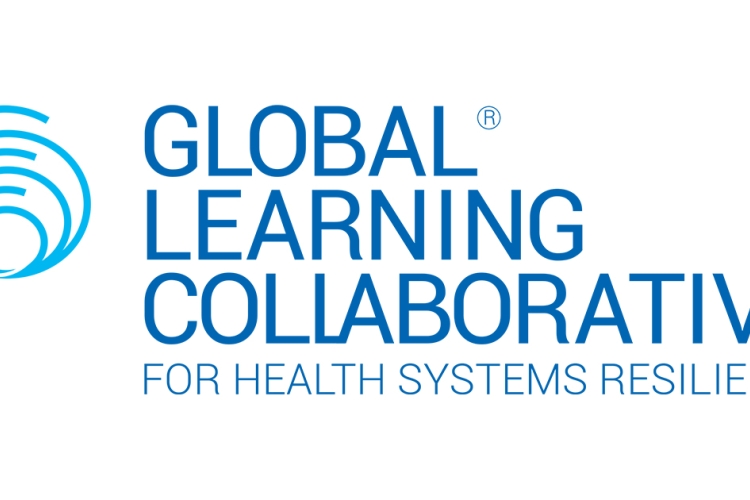Centre for Emergency Situations and Disaster Risk Reduction in Almaty, Kazakhstan
Today’s global problems cover all aspects of human life and apply to all countries and nations that are now more intensively subjected to large-scale natural disasters, accidents and catastrophes resulting considerable human and material losses. To get tangible results in disaster risk reduction, countries need to further strengthen cooperation, which is in line with the Sendai Framework for Disaster Risk Reduction.
Central Asia is exposed to a variety of natural hazards, such as earthquakes, floods, landslides, mud flows, avalanches, drought, extreme temperatures and epidemics. Such disasters often spread beyond natural borders and it is expected that as a result of climate change, there will be an increased threat of significant disasters related to hydro-meteorological hazards.
To address the aforementioned, the Centre for Emergency Situations and Disaster Risk Reduction was opened in 2016 in Almaty, Kazakhstan. The Centre is a collaborative effort between the Governments of the Republic of Kazakhstan and the Kyrgyz Republic, established to ensure effective mechanisms to decrease the risk of emergencies, to mitigate the consequences, to organize a joint response through agreed measures and to stimulate regional and international cooperation.
To this regard, the Centre for Emergency Situations and Disaster Risk Reduction (CESDRR) has the following objectives:
- Develop cooperation in disaster risk reduction, prevention and elimination of emergency situations;
- Mitigate factors of disaster risk, identify, assess, forecast and monitor emergency situation hazards;
- Coordinate mutual efforts and strengthen preparedness for effective and timely response to emergencies;
- Implement regional and international cooperation in DRR and emergency management;
- Increase safety of life activities of population during natural and manmade emergencies;
- Involve international and non-profit organizational grants for disaster risk reduction,
- Development and implementation of joint international projects;
- Implement international and other programs in the field of disaster risk reduction, prevention and elimination of emergency situations.
More information about the CESDRR can be found in the brochure (PDF) or through the Regional Adviser on DRR






